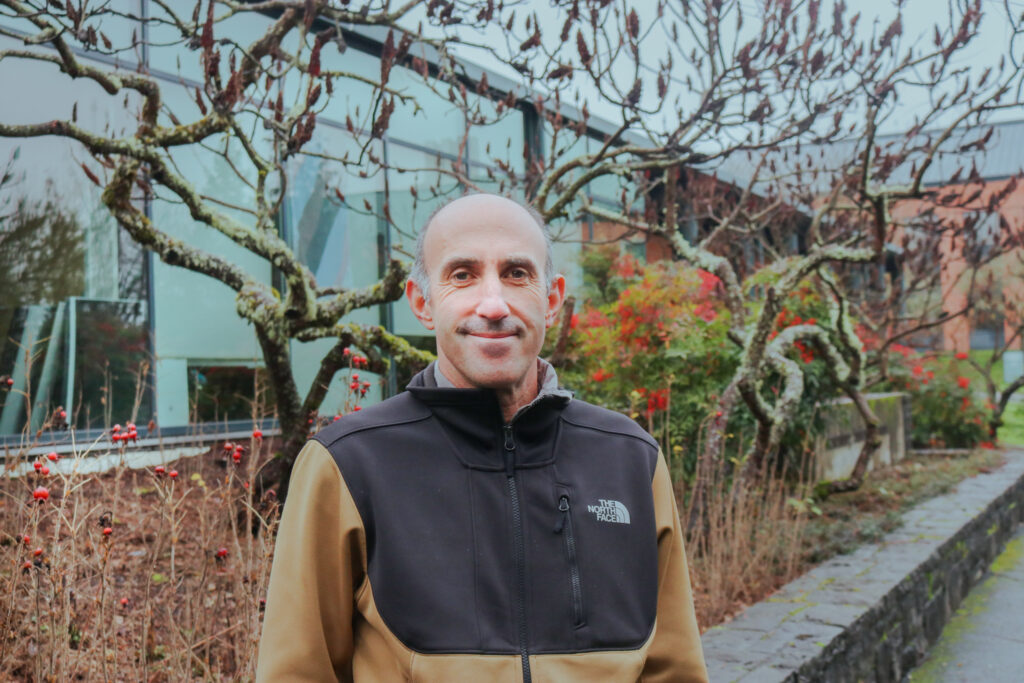The call for companies across the United States to revoke investments in the fossil fuel industry is a resounding echo throughout the nation. Public universities are not exempt from this movement; in fact, when it comes to environmental impacts, they are landing in the hot seat.
“WSU, as a state university with a lot of money, has a lot of power. So if we’re investing in fossil fuels, which we are, then we have a responsibility to lead the way toward investing in renewables and preventing climate change at its source.” – Stevie Fawcett
According to the Natural Resources Defense Council, a nonprofit advocacy group, fossil fuels consist of coal, crude oil and natural gas that is derived from previous remains of plants and animals. While fossil fuels are considered natural, when burning too much oil, coal and gas, these actions drive carbon emissions to trap heat within the atmosphere and increase chances of climate change.
The Associated Students of Washington State University’s Environmental Sustainability Alliance, a group whose goal is to advocate for the end of fossil fuel usage, sent out an email to the entire WSU student body on Nov. 17, requesting the university’s administration to stop investing in fossil fuel industries. The email also included a brief survey asking students their opinions on the divestment call.
Put simply, divesting from fossil fuels means ceasing investments in companies who engage in fossil fuel extraction, according to Fossil Free, an organization included in the ESA email.
Stevie Fawcett, sophomore and ESA chairholder, says they are aiming to divert money from fossil fuel companies so they no longer have the incentive to continue production, and thus be forced to switch over to renewable energies.
“WSU, as a state university with a lot of money, has a lot of power. So if we’re investing in fossil fuels, which we are, then we have a responsibility to lead the way toward investing in renewables and preventing climate change at its source,” Fawcett said.
After sending out the university-wide email, the ESA has received over 1,000 responses from students.
“We have about 70% [of students] saying ‘yes; we agree with ESA that we should divest from fossil fuels.’ I believe it was 19% that said, ‘we’re unsure of whether we should divest from fossil fuels,’ and the remaining 11% was ‘no, we do not think we should divest from fossil fuels,’” Fawcett said.
The ESA’s ideal outcome would be complete divestment by the university in 2022, and to have WSU’s administration move their investments to renewable energy sources, such as solar power, wind and nuclear energy.
The Citizens’ Climate Lobby, an international grassroots environmental group, is responsible for bringing this issue to the attention of the ESA, according to Fawcett. The lobby attended a Board of Regents meeting, where they questioned the WSU administration’s holdings in fossil fuel industries. Shortly after, the CCL received a response from administration members, who explained their admittance to investing money within the fossil fuel industry.
Michael Berger, an environmental science professor at WSU Vancouver, thinks the university needs to focus on planning replacement forms of energy before fully committing to ending their use of fossil fuels.
“Everything is so dependent on fossil fuels, so what sort of message are you trying to send? More importantly, what is the end goal? Let’s say you divested; what would be the replacement for that? So I think it can send the message that we want to move towards alternative forms of fuel. But I think like everything, you have to kind of figure out what the alternative approach would be and where you would go with it,” Berger said.

(David Priymak/The VanCougar)
Evans Kaame, vice president of ASWSUV and political science major, says fully separating one’s involvement from fossil fuels is a lengthy process. Since WSU is considered a public institution, it has to cooperate with state legislative powers, which creates many challenges. To overcome obstacles, the most important factor in the divestment process is the mobilization and support from students, staff, faculty and the surrounding community.
“To give a good example, Harvard is one of the schools at the national level who decided to divest from fossil fuels completely, but they didn’t do that within a week or a month or a year. It took ten years to know exactly how and when they were going to do that.… So we at [WSU] are supposed to do the same thing. Have a good plan, a strategic plan to divest and work with the state legislature to do it,” Kaame said.
For questions, comments or concerns regarding the divestment call, readers can contact Fawcett at stephen.fawcett@wsu.edu, or click here to visit their website.
According to Kaame, the call to divest is just one small step in the right direction toward a more sustainable future. While there is still much more to be done, putting pressure on the university is one way students are trying to enact change.

Bethanie is a senior studying environmental and ecosystem science at WSU Vancouver.
